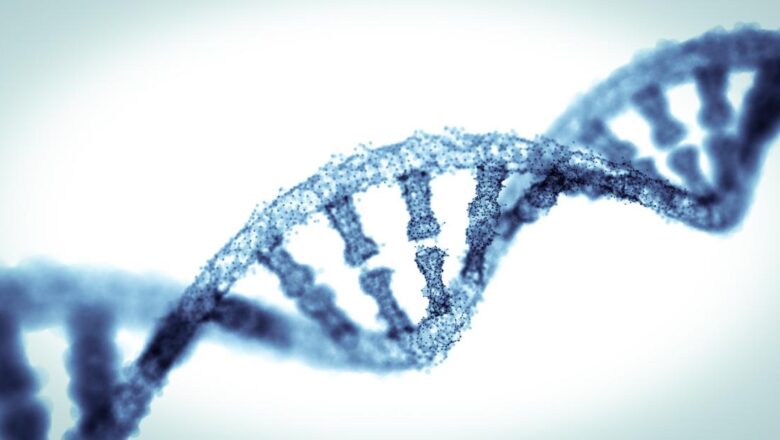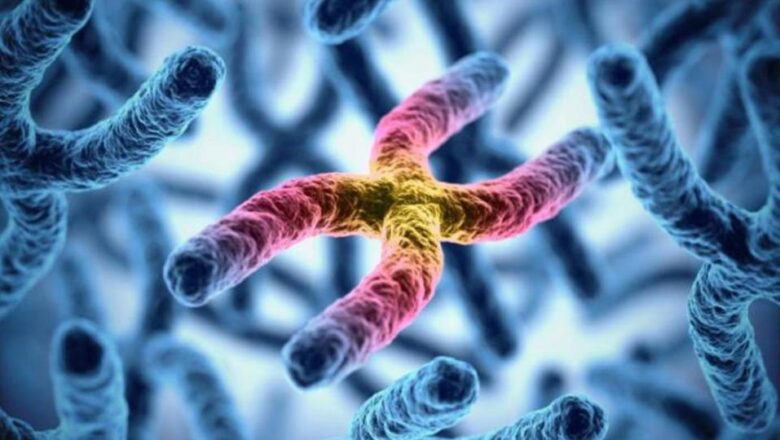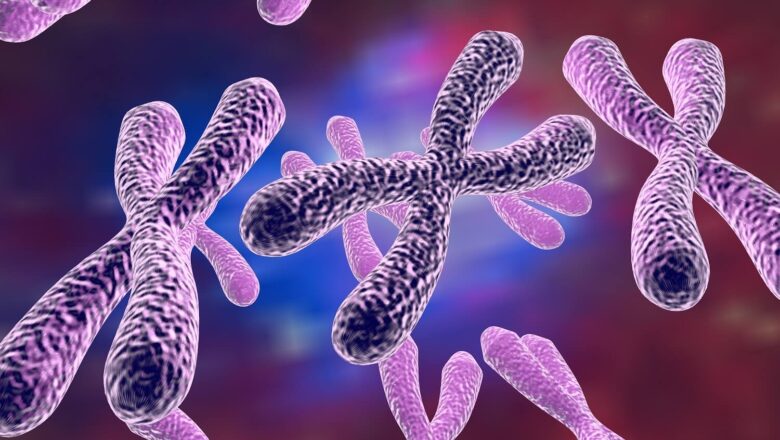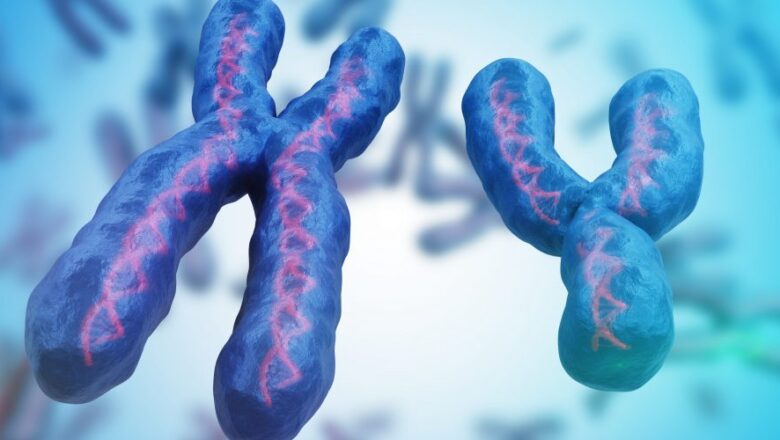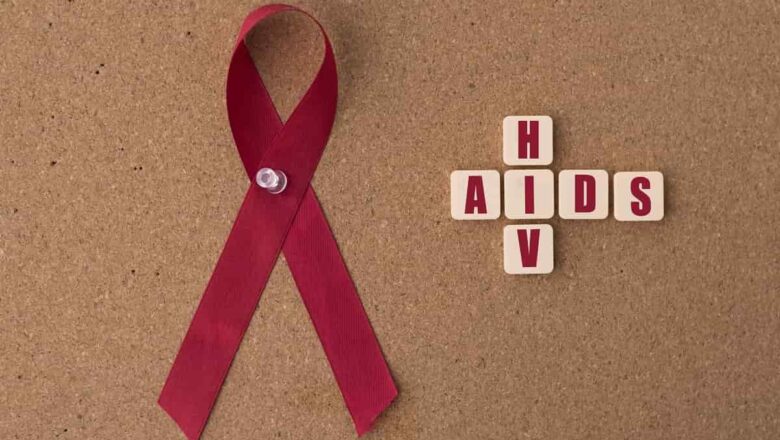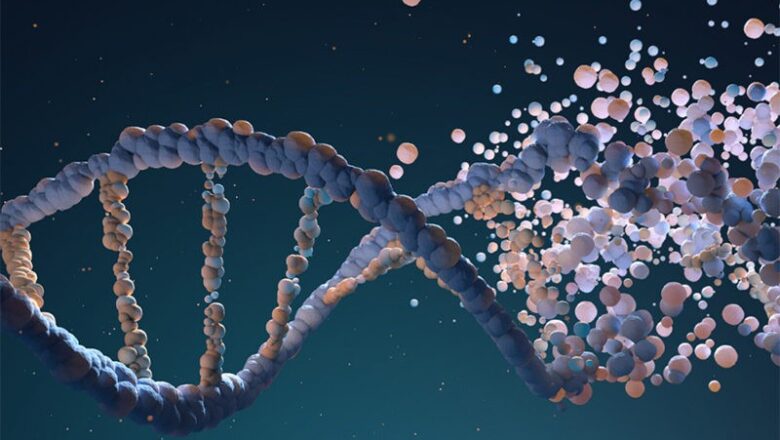
Effects of Changes in Chromosomes on Human Health
The human body stores genetic information through chromosomes, one of the basic structural units that carry genetic information. However, changes in these chromosomes can affect an individual's health and cause various genetic diseases. In this article, we will discuss in detail the effects of chromosome abnormalities on human health. From numerical changes such as trisomy and monosomy to structural changes such as deletions and duplications.
Changes in Chromosomes and Genetic Structure
Human cells contain chromosomes that carry genetic information. Any change in chromosomes affects the genetic structure and causes health problems.
Trisomy and Monosomy: Numerical Changes
Trisomy refers to the presence of more than normal chromosomes in a chromosome pair. Monosomy represents a ...
